On the surface, this argument seems reasonable. In everyday life, purchases are largely based on voluntary choice. Consumers buy what they like, and leave it at that. But energy, especially oil, is not simply a private good. It is the lifeblood of the economy , linked to energy security and international climate commitments. It is at this point that comparisons with advanced countries require a more comprehensive view.
In fact, many developed countries have applied mandatory mechanisms for biofuels. The European Union has issued the Renewable Energy Directive (RED) since 2009, regulating the minimum blending ratio of biomass in gasoline. The United States, since 2005 with the RFS program - requires all manufacturers and distributors to ensure a certain ethanol ratio, commonly E10, even E15 in many states. In Brazil, the ethanol blending level always fluctuates from 18% to 27% depending on the period, completely leaving the market to decide. Recently, in early August 2025, Brazil increased the mandatory ethanol blending level to 30% (E30) in gasoline, aiming to be self-sufficient in gasoline and reduce imports.
It can be said that it is thanks to this “compulsion” that global ethanol markets have been formed and developed. If we only rely on the voluntary participation of consumers, the biofuel industry will hardly survive, because the habit of using traditional fuels has been ingrained for many generations.
Therefore, the notion that “countries do not force” is a mistake, or at least a one-sided observation. What they do differently is to implement policies systematically, transparently, and in partnership with businesses and consumers.
(Illustration: Internet)
Many opponents of E10 often point to the failure of E5. It is true that people were not interested in it before, some businesses suffered losses, and many gas stations had to give up. But the root of the failure does not lie in “imposition”, but in the lack of synchronous and drastic implementation.
The selling price of E5 does not create an attractive enough difference compared to mineral gasoline. Communication activities do not clarify the environmental and health benefits or engine compatibility. The storage and distribution system is not up to standard, leading to separation and affecting quality. All of this makes consumer confidence waver.
Thus, it is not because of the “compulsory” factor that E5 failed, but because at that stage there were not enough conditions prepared for the compulsory policy to be effective. This is the point that needs to be learned when moving to E10.
Why is a roadmap required?
Firstly, Vietnam has committed to Net Zero by 2050. This is not only a promise to the international community, but also a responsibility to future generations. If we only stop at voluntary incentives, the transition will be very slow, making it difficult to meet the strict time frame.
Second, the compulsory mechanism creates a large enough market for ethanol plants to operate stably. Thanks to that, the agricultural sector also has more sustainable output for cassava and corn, creating jobs for farmers.
Third, fuel consumption habits are inherently conservative and difficult to change without policy incentives. When E10 becomes the new standard, people will gradually adapt, just like how we switched from A83 to A92, then A95.
That does not mean “absolutely forced”. Many countries still maintain some premium mineral gasoline lines for sports cars or special vehicles. Vietnam can completely refer to this model: E10 as a popular base, and a small portion of premium gasoline is maintained for specific customer groups and special vehicles.
More importantly, the policy must be accompanied by soft solutions: Reasonable subsidies, so that E10 is significantly cheaper than A95; Strict quality control, avoiding the recurrence of separation, turning E10 into a "nightmare" for consumers; Scientific communication, publishing a list of suitable vehicles, clearly explaining the environmental, health, and energy security impacts; Reasonable transition period, maintained in parallel for at least a period of time for people to verify.
Only when these conditions are guaranteed will the “compulsory” factor become a driving force for development, rather than turning into resistance from the market.
The case of Thailand is a close illustration of the role of mandatory and supportive policies. This country introduced E10 biofuel into the market in 2007, and after only a few years completely eliminated RON 91 mineral gasoline, forcing people to switch to E10. Thanks to the subsidy policy, E10 is 20-40% cheaper than mineral gasoline, causing consumption to quickly overwhelm. To date, more than 90% of transportation fuel in Thailand is E10, E20, E85, of which E10 accounts for the majority.
Many people still remember that before 2007, helmet wearing was promoted for many years but not many people responded. People thought it was “inconvenient, hot, expensive” and considered helmets an arbitrary choice. It was not until the Government issued a regulation requiring helmet wearing from December 15, 2007, with strict penalties, that the helmet wearing rate immediately skyrocketed from under 30% to over 90% in just a few months.
Not only did the policy change behavior, it also saved tens of thousands of lives. According to the World Health Organization, helmet regulations helped reduce head injuries and deaths from traffic accidents in Vietnam by more than 20% in the first years of implementation.
That said, there are changes in the public interest that cannot be expected to come voluntarily, but require a policy push. And once they become the norm, few argue about their necessity.
Biofuel is not a personal choice, but a strategic decision tied to the future of the environment and national energy security. Initially, there will certainly be some hesitation, like the helmet wearing issue nearly two decades ago. But when the policy is clear and strictly enforced, people will gradually consider it normal, even a safety culture.
As a Brazilian proverb says, “Nobody likes taking medicine, but everyone needs it to get well.” The same goes for biofuels. Sometimes, “force” is not a burden, but a way for us to force ourselves to move towards a greener, more sustainable future.
Thien Tuong
Source: https://bsr.com.vn/web/bsr/-/xang-bio-hoc-bat-buoc-hay-tu-nguyen



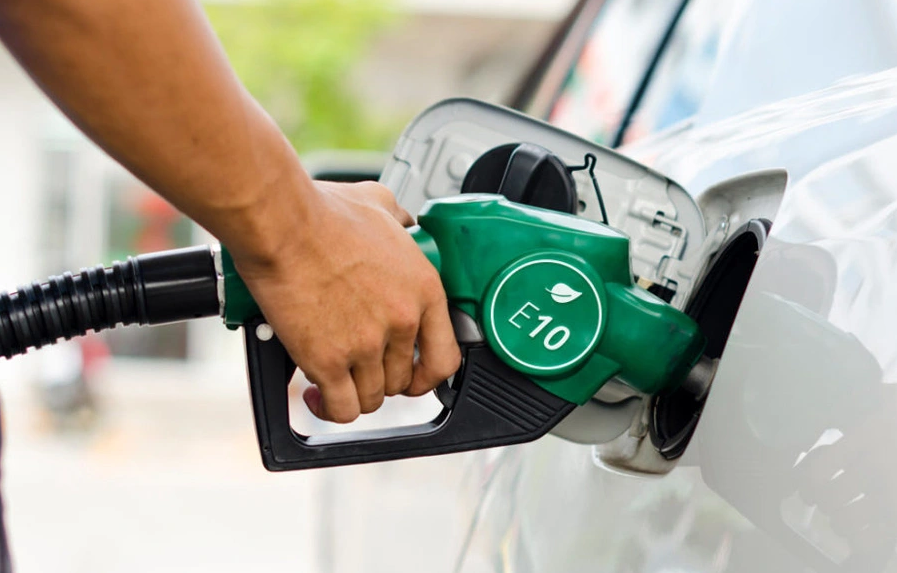
![[Photo] Brilliant red of the exhibition 95 years of the Party Flag lighting the way before the opening](https://vphoto.vietnam.vn/thumb/1200x675/vietnam/resource/IMAGE/2025/8/27/e19d957d17f649648ca14ce6cc4d8dd4)

![[Photo] Many people eagerly await the preliminary review despite heavy rain](https://vphoto.vietnam.vn/thumb/1200x675/vietnam/resource/IMAGE/2025/8/27/4dc782c65c1244b196890448bafa9b69)







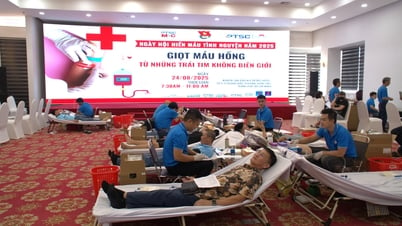
































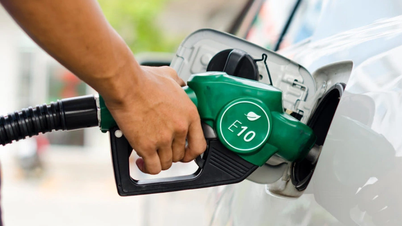

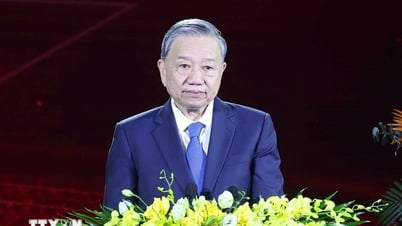


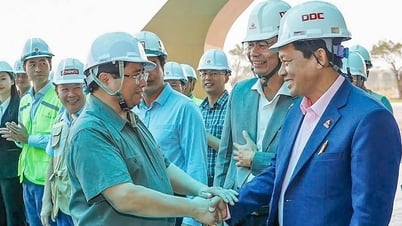





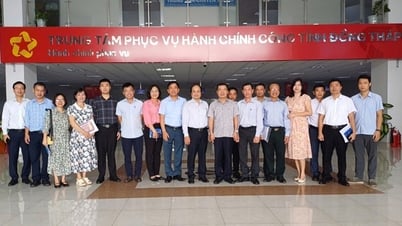

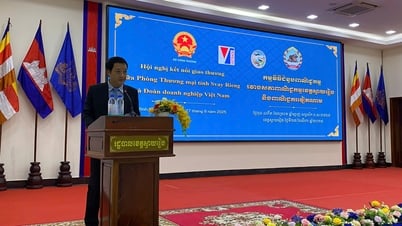

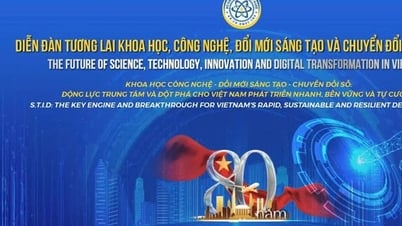


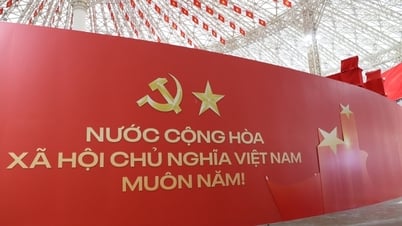
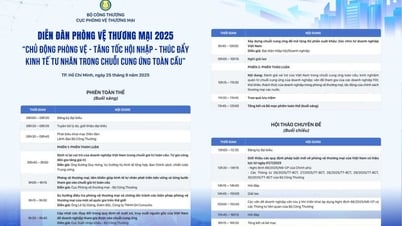


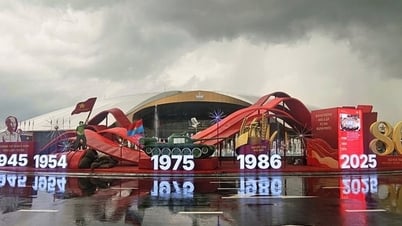




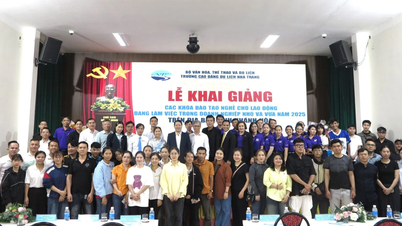

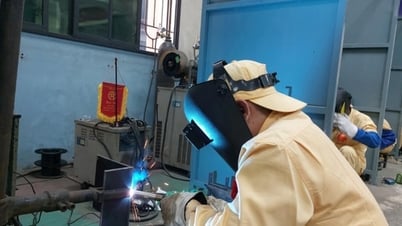














Comment (0)